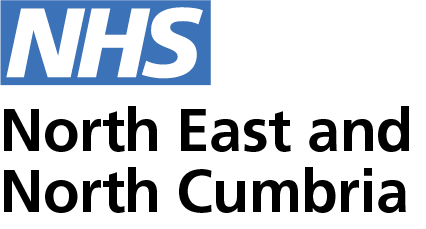The Smokefree NHS Taskforce hosted a celebration event on the 7th of March 2024 at Durham's Ramside Hall Hotel. The event showcased the NENC Early Implementer Sites (EIS) that have been delivering enhanced smoking cessation services for people with severe mental illness (SMI) and shared their achievements.
Dr Guy Pilkington chaired the event. Delegates came from across the region, representing secondary and primary care, local authorities, the third sector and higher education. Presentations were given by four delivery partners from Durham, Middlesbrough, South Tyneside, and Northumberland. They shared their challenges and successes. Northumbria University also provided an update on the planned evaluation of the four pilot sites.
A live visual artist Josie Brooks was on hand to capture discussions and reflections from the event.
Smoking rates are high among people with mental health problems. People with longstanding anxiety, depression or another mental health conditions are twice as likely to be smokers as those without mental health problems. People with mental health conditions are as likely to want to stop smoking as other smokers. However, they face more barriers to quitting, are more likely to be dependant, and need more support.
The EIS teams providing enhanced support for adults with SMI highlight the impact this support is having on individuals' health and wellbeing. This is shown in the two case studies below. Jim and Gary have both received support around tobacco dependency.
Jim, 62, had smoked for around 50 years. He had become increasingly breathless and bought patches in the past to attempt to quit. Jim tried for around five weeks in July 2023 but had complicating factors of poor mental health. He was also funding his son's smoking habit so ended up smoking himself. Jim attended a respiratory clinic and was diagnosed with COPD. The SMI tobacco cessation worker encouraged Jim to try a switch to a vape. Jim was seen again in February 2024 and was very pleased with himself – he had been vaping for two weeks and stopped buying his son's tobacco. Jim reported that he felt having people interested in his wellbeing and encouraging him time and again, rather than leaving him to feel written off, gave him the motivation to keep trying.
Gary had smoked for 16 Years and with support from an advisor reduced his smoking from 25 cigarettes per day to two per day. His children were his motivation as they were always asking him to quit. Having his partner join him on the quit journey helped too. Gary used the vape, saying it felt the right tool for him. Gary said it was the support that made the difference, and his Link Worker was knowledgeable, non-judgemental, and supportive, even over texts in between appointments when he struggled.
Learning from the four pilot sites is being shared across the NENC system. It is hoped that other colleagues within local authority and primary care will adopt the practice to support this core20 population with enhanced cessation support. The Smokefree NHS Strategic manager contributed to a national webinar on evaluation of the seven national EISs on the 18th of March 2024. A recording of the webinar is available here.
Enquiries: Rachel McIlvenna, Smokefree NHS Strategic Manager, rachel.mcilvenna@nhs.net or Guy Nokes, SMI EIS Project Manager, guy.nokes@nhs.net




